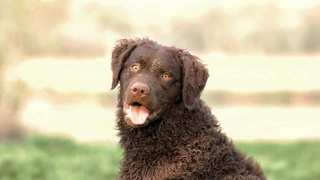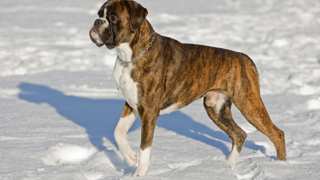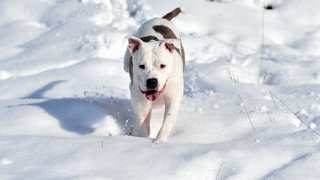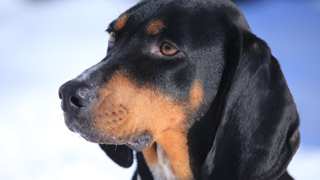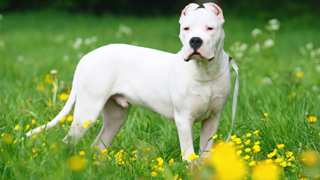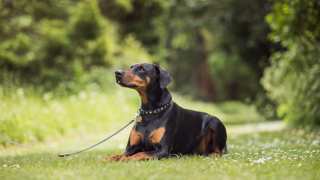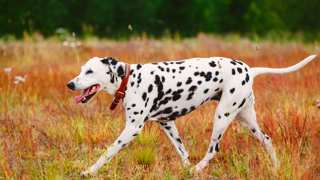As an athletic breed, the Pointer diet is essential for maintaining these dogs' high activity levels. Like all breeds, Pointer dog food will need to have plenty of animal proteins and carbohydrates for energy, vitamins and minerals for digestive and immune health, and omega fatty acids for coat and skin wellness. This mean the best Pointer food is the premium dry kind, because it contains balanced portions of the above-listed ingredients these dogs need on a consistent basis.
The typical adult Pointer, depending on its age, size, and activity level, will need about three cups of premium dry food per day, divided into two meals. Pointer puppies, again depending on age, will need a bit less: about 2¼ cups per day, divided into three meals (not two) until six months of age. For further details on feeding a Pointer from puppyhood through maturity, refer to the following chart:
Dog AgeDog WeightFood TypeAmountFrequency2 Months8 lbsDry (Puppy formula)0.3 cups3x/day3 Months15 lbsDry0.5 cups3x/day6 Months30 lbsDry0.75 cups3x/day9 Months45 lbsDry* (Puppy/Adult)1.25 cups2x/day12 Months+60 lbsDry (Adult formula)1.5 cups2x/day*--Around this time, transition to adult food by first mixing in a bit of adult formula with the puppy formula. Over the course of a week, with each meal add a little more adult food to the mixture, until the dog is eating it entirely.
If possible, try and stick to the above-listed portions. While these dogs don't have a high tendency for obesity, they certainly can become overweight if constantly overfed (and under-exercised)--and a fat Pointer will have joint, digestive, and breathing problems, not to mention a shortened lifespan. You can help control your Pointer's weight by establishing consistent feeding and exercise schedules, by not feeding the dog table scraps, and by not leaving food in the dog's bowl all the time, thereby allowing it to eat anytime it wants. It's better to put your Pointer's bowl down only at mealtimes, then pick it up a few minutes after the dog begins eating.
If you're worried your Pointer is overweight, give the dog this simple test: run a hand along its side, and if you can't feel any ribs, it's diet time. Reduce the dog's daily food consumption by one-fourth, and add an extra walk, jog, bike ride, or play period to its daily exercise schedule.

